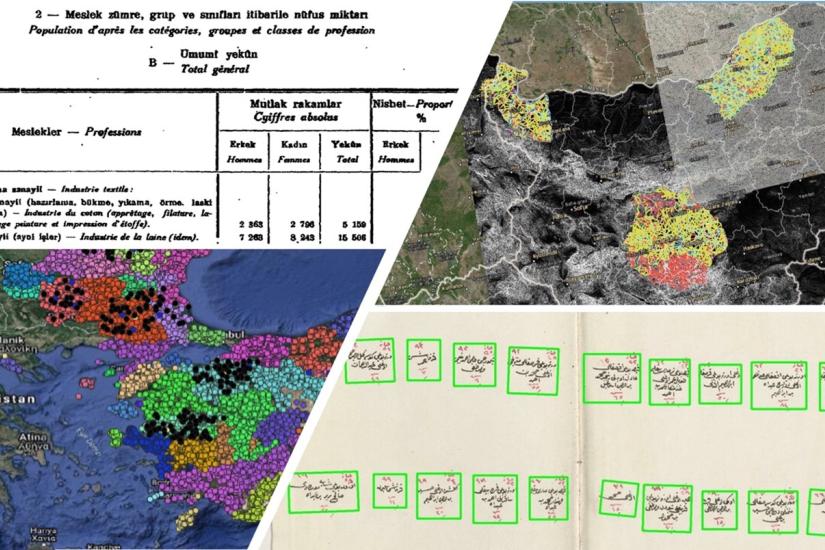
Job Talks: Assistant Professor in Historical Studies and Digital Humanities at Central European University, Vienna
Before the nineteenth century, life was characterized by harsh labor, widespread poverty, and premature death. The Industrial Revolution in Europe, originating in Britain and spreading to other parts of Europe and beyond, marked a significant departure from traditional economic and population constraints, driving continuous growth through technological advancements over the past two centuries. The "Great Divergence" largely stemmed from sustained growth in the West compared to stagnation elsewhere.
Despite extensive research, the exact catalysts for this transformation and the magnitude of divergence remain elusive. Commensurable macro-historical estimates before c. 1900 have been only available at the national level and for a handful of nations, while micro-studies lack comparability or integration with broader economic data.
Recent advancements in data digitization and curation technologies have led to abundant available historical economic and demographic microdata worldwide at detailed geographic scales. The rise of geographical considerations in economics and Geographic Information Systems (GIS) has facilitated identifying and quantifying local and regional economic development dynamics at high spatial resolutions. Integration of spatially disaggregated data on resource endowments, environmental conditions, and transport networks has enabled powerful multivariate analyses testing and proposing hypotheses regarding economic development and population changes, especially in Europe, Asia, and North America, over the long term.
Economic and population dynamics of Southeast Europe, Anatolia, and the Middle East have usually been examined at national levels using late-nineteenth and twentieth-century national statistics, but comprehensive long-term data for regional analysis is lacking, which hinders their inclusion in Eurasian comparisons. To understand these regions' long-term economic and population trends, examining data from the Ottoman Empire, which ruled over them for centuries, is essential. Recently accessible economic and population microdata from the mid-nineteenth century Ottoman Empire, obtained from population registers and tax surveys, offer detailed individual-level information. This data is comparable to sub-regional statistics from post-Ottoman nation-states and can be combined with spatial data to quantitatively analyze regional economic and demographic development patterns.
In my presentation, I will showcase techniques for integrating Ottoman microdata with Turkish national statistics to examine population and economic shifts. Specifically, I will delve into regional changes in population density, urbanization, occupational structure, and land use/land cover from the mid-nineteenth-century Ottoman Empire to mid-twentieth-century Turkey. I argue that this method can be expanded to include other post-Ottoman states, effectively placing these often neglected Eurasian regions within the framework of the Great Divergence debate. This broadened approach also facilitates the assessment of the impact of imperial legacy across various contexts.
Efe Erünal studies the economic, demographic, and social history of the Ottoman Empire and its successor states. He earned his BA in History from Istanbul Bilgi University in 2016 and his PhD in History at Koç University in 2023. Recently, Erünal was a postdoctoral Research Fellow for the ERC-Proof of Concept project “GeoAI-based Land Use Land Cover Segmentation Process to Analyse and Predict Rural Depopulation, Agricultural Land Abandonment, and Deforestation in Bulgaria and Turkey, 1940-2040 (GeoAI_LULC_Seg),” hosted at Koç University’s History Department. Previously, between 2016 and 2022, at Koç, he was the longest-serving and lead researcher of the ERC-funded project on the long-term economic, demographic, and urbanization dynamics from the Ottoman Empire to Turkey, titled “Industrialisation and Urban Growth from the mid-nineteenth century Ottoman Empire to Contemporary Turkey in a Comparative Perspective, 1850-2000 (UrbanOccupationsOETR)” and partnered with the University of Cambridge and later with the University of Glasgow. Erünal is the recipient of the inaugural Ottoman and Turkish Studies Association (OTSA) Award for Digital Ottoman and Turkish Studies in 2023.